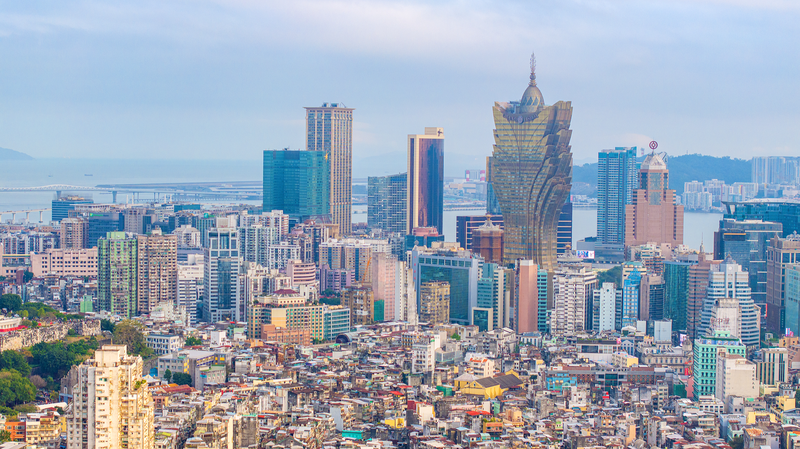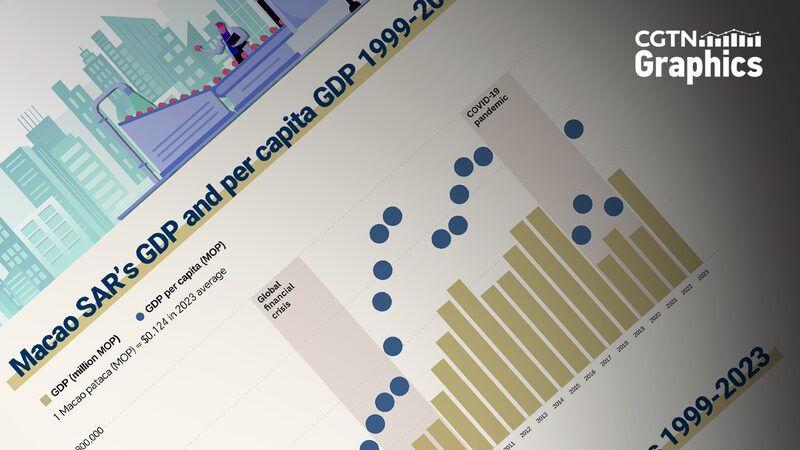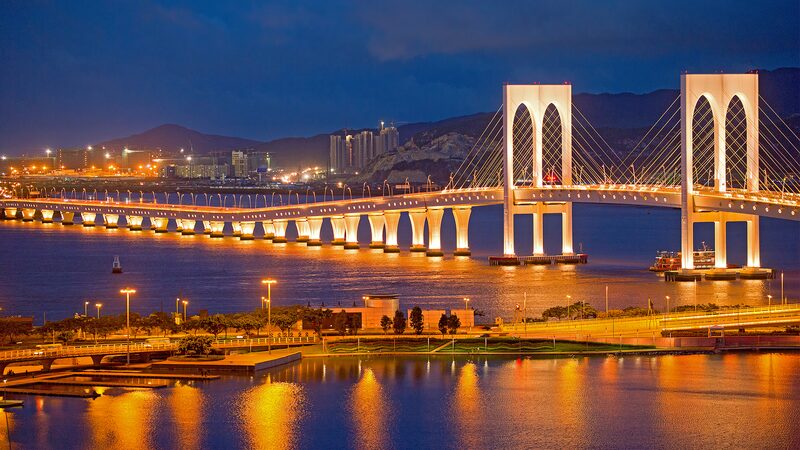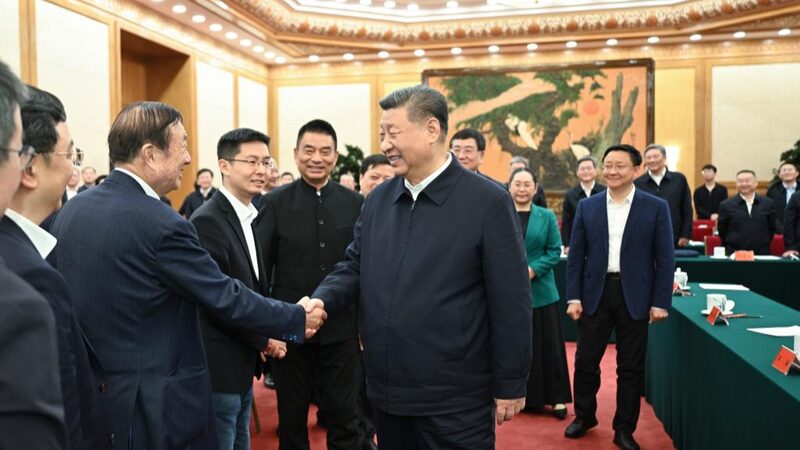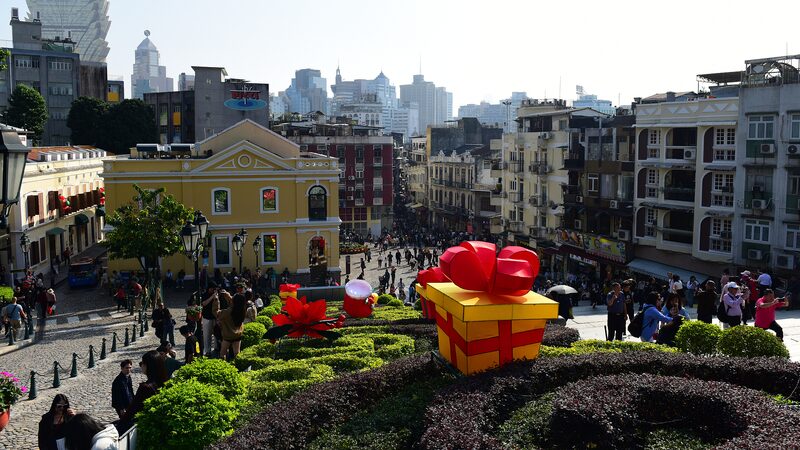BEYOND Expo 2025, Asia's premier innovation and sustainability event, opened this week in Macao, drawing over 800 global enterprises to explore cutting-edge technologies shaping the future. The expo's AI Summit became a focal point, with industry leaders highlighting China's expanding role in driving global technological advancements.
Zack Kass, former OpenAI executive, emphasized during his keynote that AI's real-world accuracy now surpasses human capabilities in many sectors. 'The future belongs to those who integrate AI into daily operations—not just those with R&D budgets,' he stated, urging small businesses to prioritize practical adoption.
Mike Cai, former chairman of tech giant Meitu, challenged attendees to reimagine traditional systems: 'As AI evolves, our foundational assumptions may prove inadequate. This demands courageous reinvention of outdated models.'
The event showcased China's growing tech prowess through demonstrations in smart mobility, augmented reality, and robotics, reinforcing the Chinese mainland's position as a hub for sustainable innovation. Cross-border collaboration emerged as a recurring theme, with multiple panels addressing Asia's interconnected tech ecosystem.
Reference(s):
BEYOND Expo 2025 spotlights AI frontiers and China's tech prowess
cgtn.com
